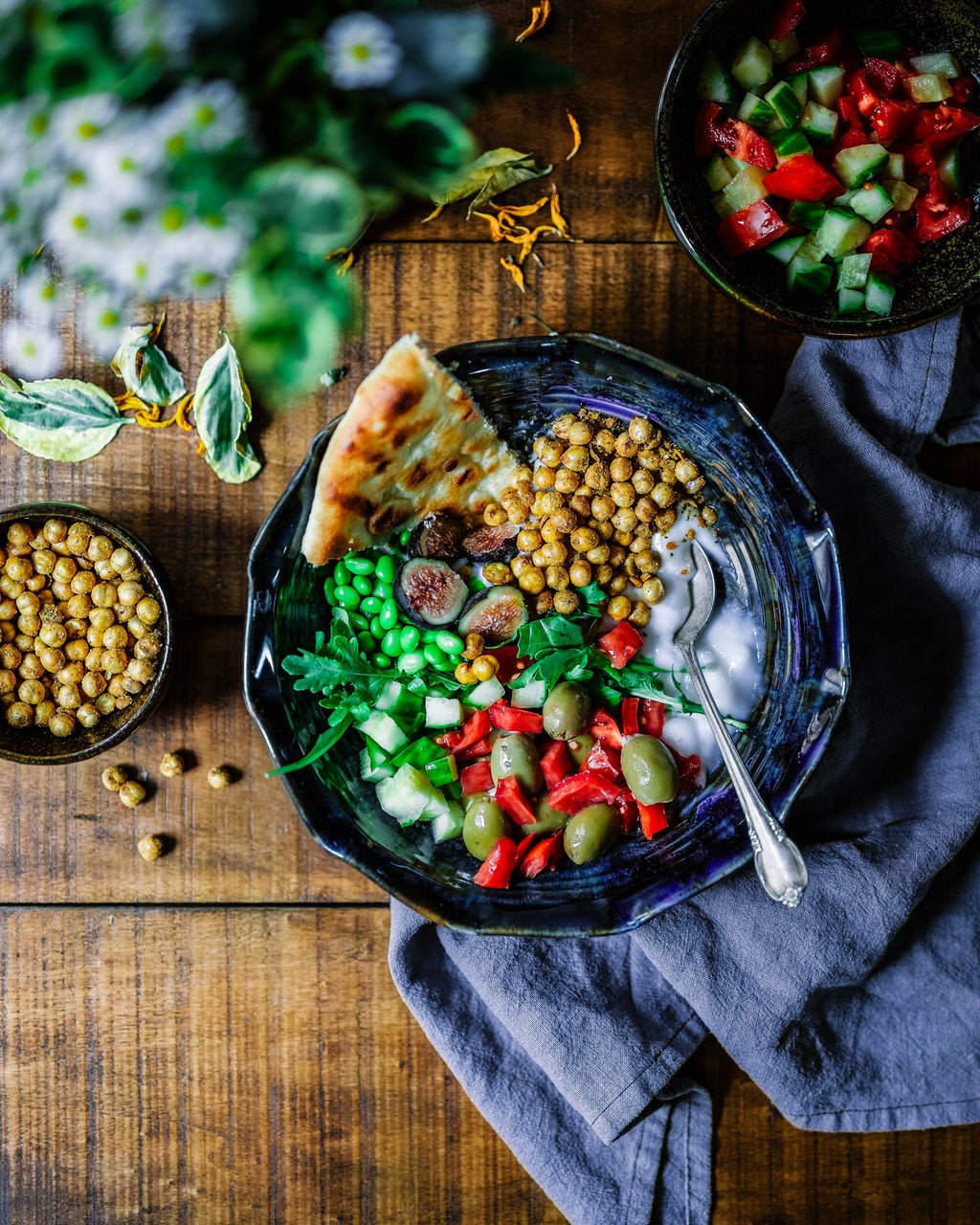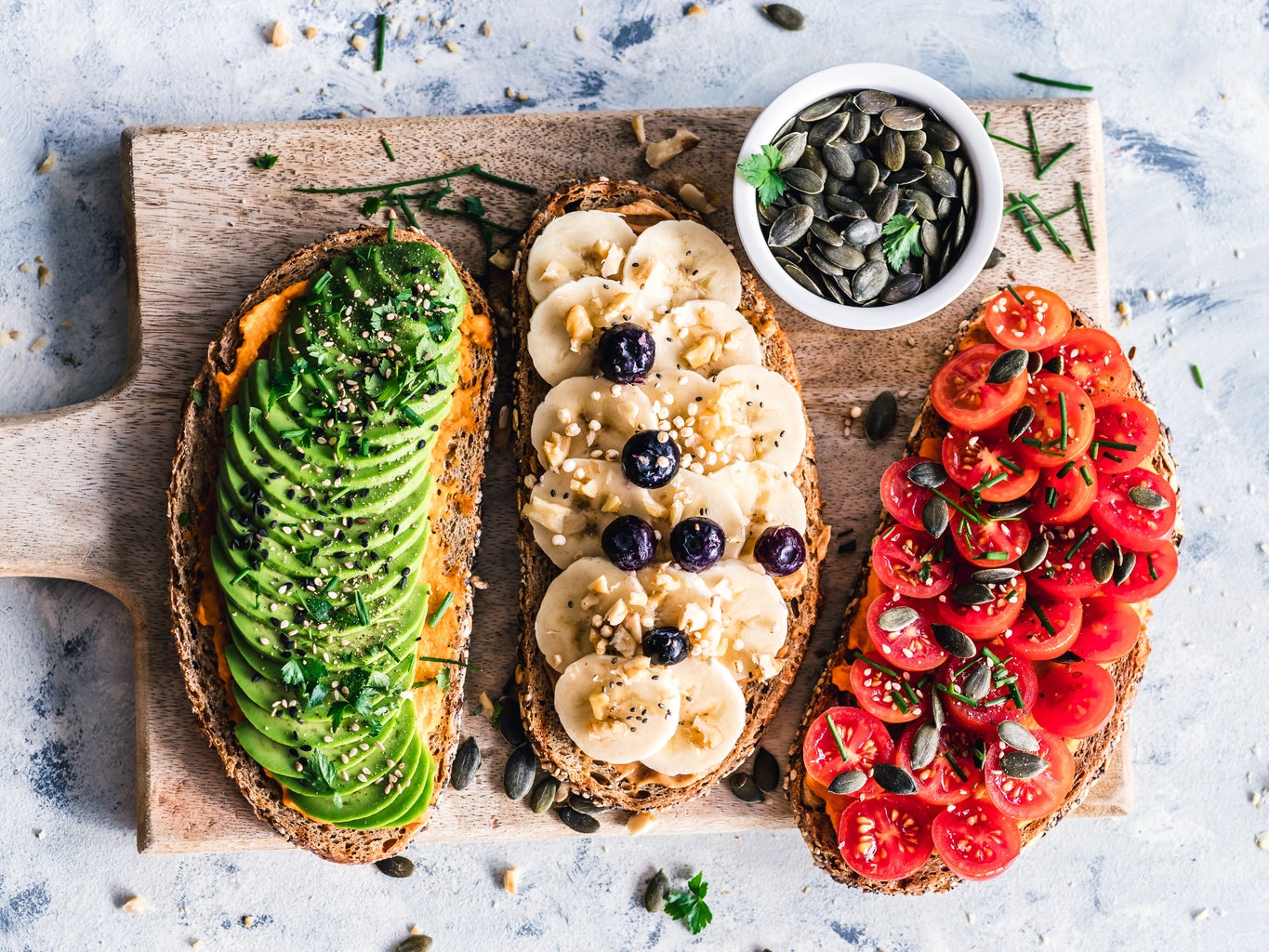Vegan lifestyles are garnering unprecedented levels of media coverage, hence gaining massive levels of interests and followers in recent years.
It is notable, however, that going vegan can be difficult to practice for beginners and can even have adverse effects on your health if precautions are taken lightly.
This guide will help ease you into the process of going vegan, potentially practicing a healthier lifestyle for the sake of your physical well-being and protecting our environment with the reduced consumption of meat and poultry.
- Take your B12 seriously!
-
Studies show that up to 92% of vegans might be deficient in vitamin B12, which is most commonly found in meat, poultry and fish. B12 is extremely important, keeping the body’s nerves and cells functioning well and constructing DNA.
B12 deficiency can appear in the form of tiredness, weakness, nerve problems and depression. As such, it is best to do some research about this essential vitamin before diving into the world of vegan food. A regular consumption of vegetarian/vegan products providing B12 such as eggs, Swiss cheese, soy/almond milk and nori seaweed is advisable.
- Watch your weight
-
Gaining weight on a vegan diet is much more common than you think. Meat-free meals can be carbohydrate-dominant which are high in caloric intake and subsequently lead to a major weight gain.
Except for the healthy weight gain, unbalanced plant-based meals can be dangerous to your health. Such meals can lead to a lack of certain important nutrients or vitamins and give your body a hard time in the long run.
Similarly, a lack of portion control and the over-consumption of sugary desserts, smoothies or junk food can do great damage to your health, whether it be vegan or not.
- Take it easy, gals
-
It is wonderful to have a clear goal in mind but go at your own pace. Taking baby steps in replacing one item after another with a vegan alternative would help ease you into this process and work out much better in the long run.
You can start by switching dairy milk to soy, almond or oat milk, followed by swapping beef and chicken with tofu and chickpeas. It is also a good suggestion to check out vegan recipes online to keep diversifying your meals.
Remember, good things take time.
- Don’t give up!
-
It can certainly be hard to switch to a new diet but going vegan can soon become second nature with patience and self-belief, just like anything else in life.
Keep reminding yourself of the reasons why you chose this practice in the first place, and the benefits you feel practicing it.
Go one day at a time and be sure to enjoy it!





